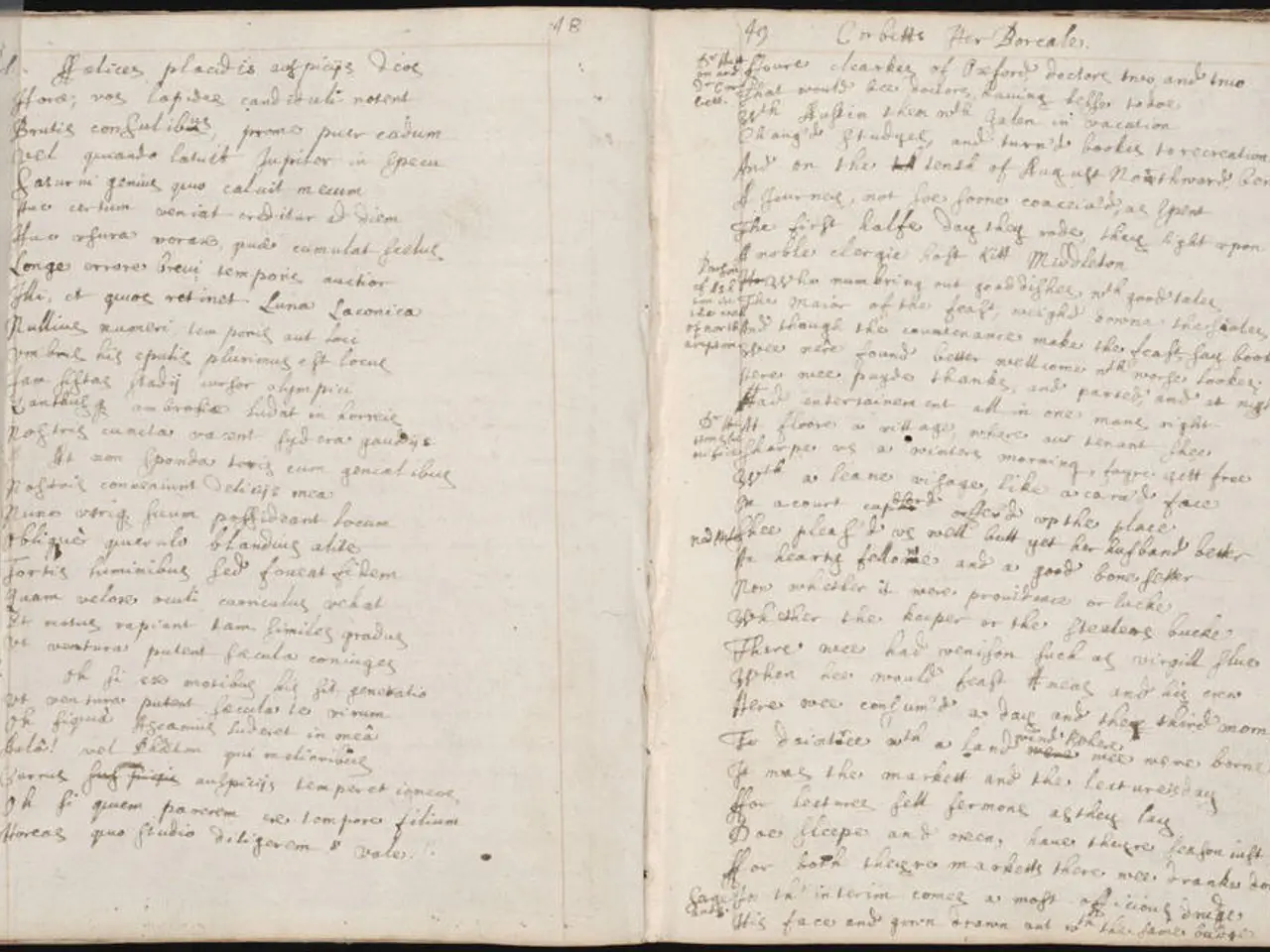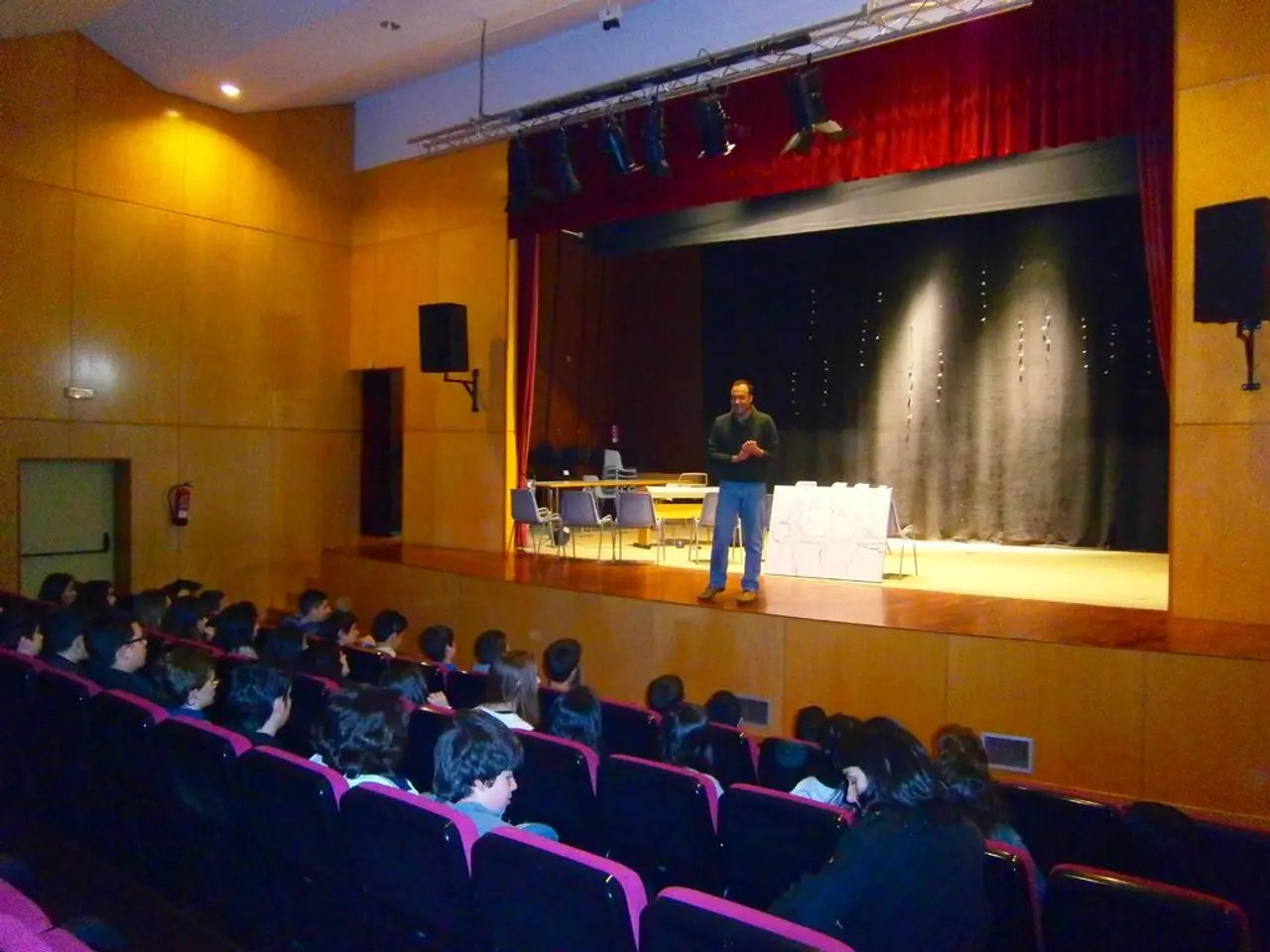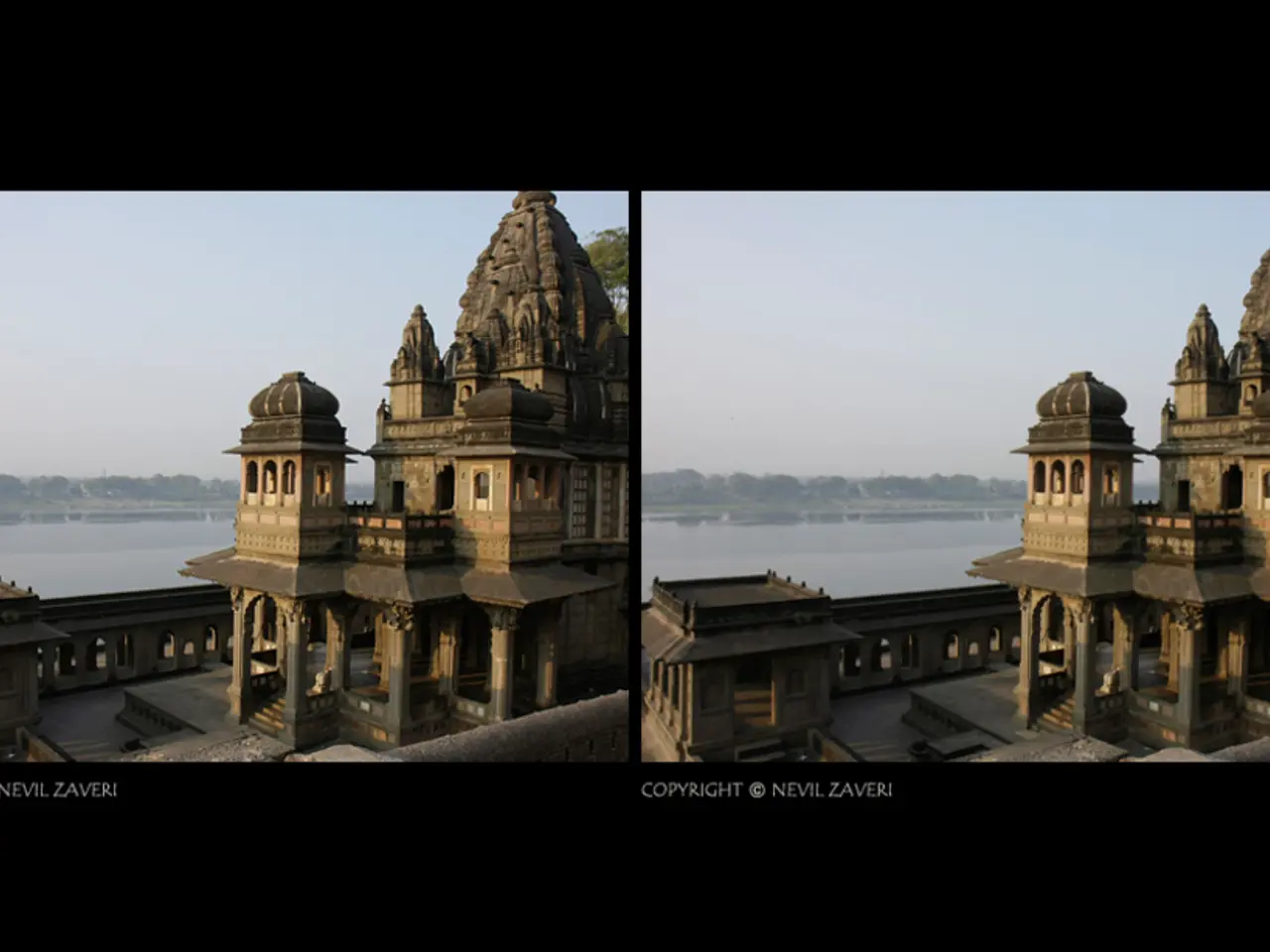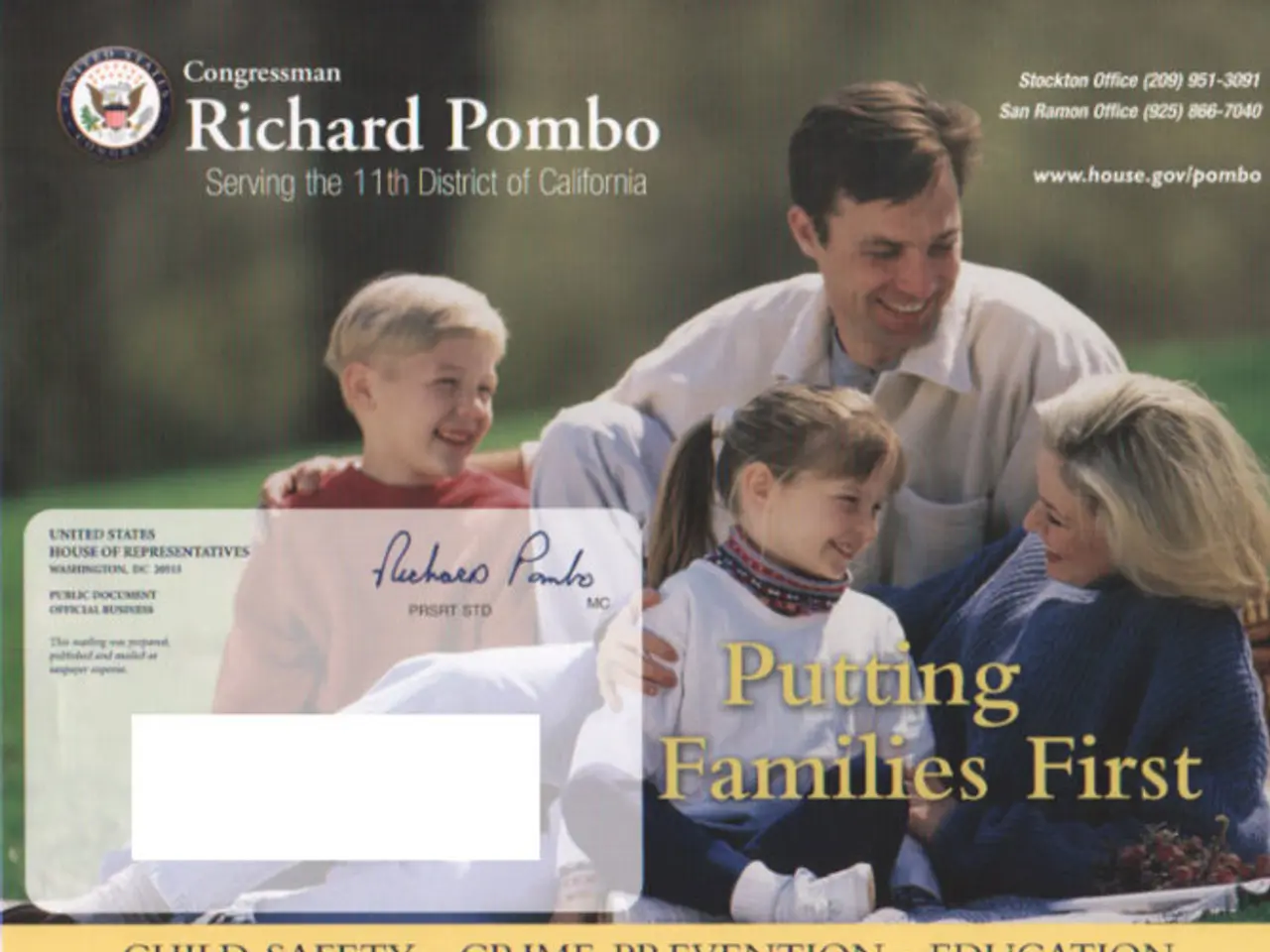Uncovering the Origins of Writing Ideas: Ignite Your Imagination's Flame
In the world of screenwriting, the quest for captivating and original ideas is an ongoing journey. A diverse array of sources collectively fuels this creative process, offering unique qualities and opportunities for innovation.
Personal experiences, for instance, provide authentic emotional material and real-world scenarios that can be adapted or dramatized for the screen. Writers often draw from their own lives, mining moments of conflict, joy, or transformation, lending credibility and emotional depth to their characters and plots.
Observation of the world — people’s behaviours, conversations, and events — offers a reservoir of details and inspirations. Noticing quirks, interactions, and conflicts in daily life helps create believable, nuanced characters and realistic dialogue.
Media and literature are foundational sources of inspiration. Writers can build on established tropes, subvert expectations, or reimagine unexplored moments from existing stories. Reading widely and watching diverse genres also exposes writers to new styles and structures, broadening their toolkit.
Dreams are a wellspring of surreal imagery, unexpected plot turns, and psychological motifs. Many writers keep dream journals to capture these fleeting, often bizarre ideas, which can be developed into compelling narrative hooks or thematic elements.
Creative exercises, such as writing prompts, brainstorming sessions, and structured challenges, help break creative blocks and encourage exploration beyond a writer’s comfort zone. Exercises like changing the time or setting of a scene can reveal new possibilities and deepen narrative impact.
Collaboration with other writers, directors, or creative partners introduces fresh perspectives and ideas. Discussions, group brainstorming, and feedback sessions can uncover new angles or refine existing concepts, making stories more robust and resonant.
Cultural and historical contexts ground stories in reality and provide thematic richness. Understanding the social, political, and historical factors shaping characters’ lives ensures authenticity and adds layers of meaning. Writers often research eras or cultures to build believable worlds and address universal themes in new ways.
Imagination is the engine that synthesizes all other sources into original concepts. It allows writers to ask “What if?” — transforming observations, experiences, and research into compelling, inventive stories. Imagination pushes writers to create worlds, conflicts, and characters that captivate audiences and stand out in a crowded field.
These sources, woven together, form the foundation of compelling screenplay ideas, ensuring stories are both unique and universally engaging. Harnessing imagination through 'What If' questions nurtures storytelling capabilities, leading to scripts that engage and surprise. Unearthing obscure historical accounts can inspire unique storylines unfamiliar to mainstream audiences. Collaborative writing introduces a dynamic exchange of ideas, enriching storytelling through diverse perspectives. 'What If' scenarios allow for the transformation of ordinary narratives into extraordinary stories.
Futuristic scenarios and philosophical exploration can intrigue and provoke thought in narratives. Integrating contemporary cultural issues in your scripts generates relatable and timely stories that resonate deeply with audiences. Speculative fiction opens limitless possibilities, enabling the reconstruction of reality and exploration of uncharted narrative territories.
Co-writing projects combine skills and perspectives to produce richer narratives. Collaborations and discussions with other creatives can spark inspiration and lead to unexpected narrative breakthroughs. Delving into personal, cultural, historical, and collaborative inspirations can not only enhance creativity but also connect deeply with the audience.
Imagining entire worlds detached from current realities can captivate and transport audiences. Working with a team fuels motivation and provides accountability, ensuring projects stay on track. Writing groups can broaden narrative horizons by sharing and critiquing each other’s work. Participating in writing workshops and events can connect writers with other creatives and exchange ideas.
Challenging realities within familiar contexts can lead to surprising plot developments. Reimagining history provides layers of insight and originality. Discussions with peers offer fresh insights and critique, refining narrative concepts. Delving into cultural and historical contexts can enhance the depth and relevance of scripts. Fictionalized histories weave historical accuracy with creative license.
In conclusion, the process of generating screenplay ideas is a rich and diverse one, drawing from personal experiences, observational insights, media and literature, dreams, creative exercises, collaborations, cultural and historical contexts, and imagination. Each source offers unique qualities and opportunities for creativity, ensuring that the world of screenwriting remains a vibrant and ever-evolving landscape.
- By delving into historical accounts and marrying them with creative license, writers can unveil unique storylines that are unfamiliar to mainstream audiences, enhancing their script's originality.
- Exploring diverse collaborative inspirations can not only stimulate creativity but also foster a deep connection with the audience, as co-writing projects introduce a dynamic exchange of ideas and perspectives, resulting in richer narratives.




